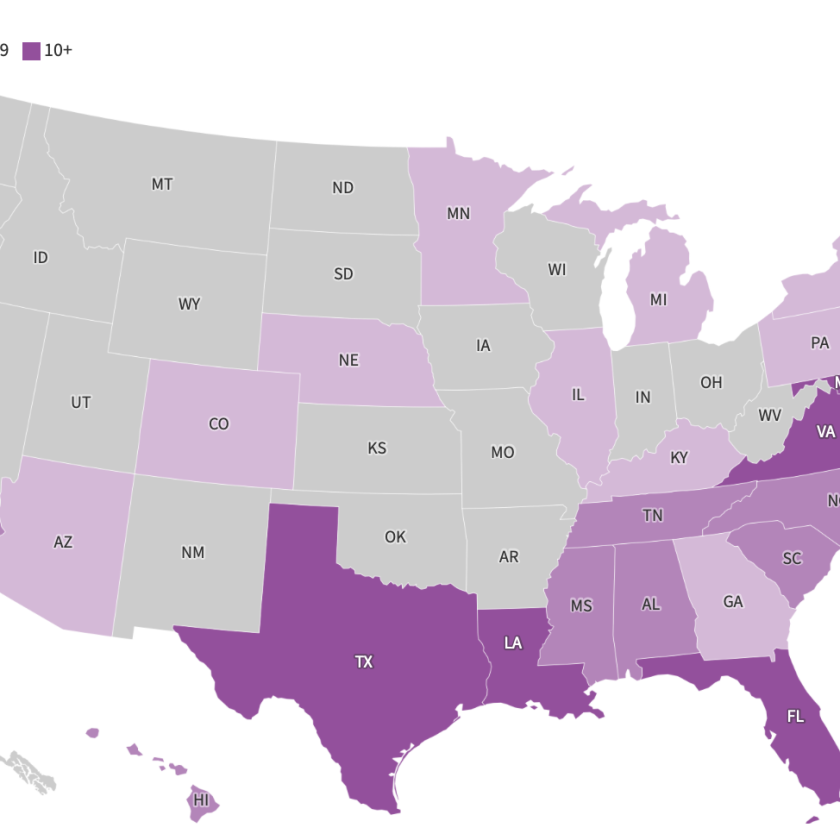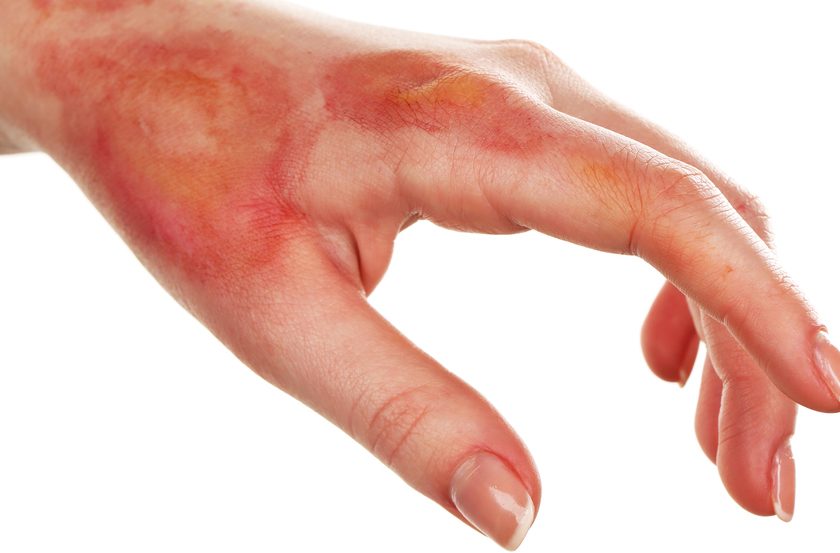One of the most important steps in achieving positive wound-healing outcomes is to choose the right wound care product. This can be tricky, challenging, and sometimes overwhelming—especially if you’re new to wound care. When I first started in wound care, I had four to five “go-to” products that I knew about. Beyond that, I had to guess what would work. But I learned one thing early: I could call on my sales representatives for help.
Not only were the reps knowledgeable but they also had my back. They wanted me to succeed, because good outcomes for my patients make for a repeat customer. A good sales rep can be a valuable partner to have on your side. Besides sharing their product knowledge, reps can help with product samples and trials as well as staff education. They
may share ideas and case studies of what worked for someone else. I’ve even had sales reps successfully convince leery, conservative, and sometimes stubborn prescribers to change their minds and try out my wound care recommendations for their patients.
When you’re trying to take your career to the next level, sales reps can help get you started in wound care research. Most wound product companies are looking for product users to assist in clinical trials of their products. Some will help you develop research ideas and publish study results. Of course, you need to ensure that the research project and subsequent publication are free of company bias.
While I sing the praises of sales reps, I must admit I’ve encountered a few who were just order takers. Good sales reps know about their products and are familiar with wound care lingo—pressure ulcers, not bedsores; eschar, not scabbing; drainage or exudate, not pus. They can connect the clinical value of their products to evidence-based wound care standards. Some are so dedicated to achieving positive outcomes that they’ve pursued further education or even wound care certification, such as Certified Wound Care Market Specialist (CWCMS™) or Certified Wound Care Associate (CWCA®).
Here are some tips for working with product sales representatives:
- Have them schedule meetings at your convenience. To avoid frequent interruptions from patient care and job duties, set aside a specific day of the week to meet with sales reps. Inform all sales reps this is the only day they can make appointments with you.
- Request research, safety, and effectiveness data before conducting product trials.
- Ask not only about product specifics but also about value-added services, such as assistance with a cost-benefit analysis, staff education programs, and patient teaching materials.
- Remember—honesty is a two-way street. If you don’t intend, or are unable, to purchase or use a company’s product, tell the sales rep up front.
If you don’t know who your sales representatives are, contact the product’s corporate office and request a visit from a sales rep. Click here for a detailed list of wound product companies.
Gone are the days of free ink pens and candy from sales reps. Step up and help your patients, your organization, and yourself by reaching out and partnering with companies and sales reps who are in it to make a difference.
I and the staff of Wound Care Advisor wish you a beautiful, magical, and prosperous New Year!
Donna Sardina, RN, MHA, WCC, CWCMS, DWC, OMS
Editor-in-Chief
Wound Care Advisor
Cofounder, Wound Care Education Institute
Plainfield, Illinois
DISCLAIMER: All clinical recommendations are intended to assist with determining the appropriate wound therapy for the patient. Responsibility for final decisions and actions related to care of specific patients shall remain the obligation of the institution, its staff, and the patients’ attending physicians. Nothing in this information shall be deemed to constitute the providing of medical care or the diagnosis of any medical condition. Individuals should contact their healthcare providers for medical-related information.






